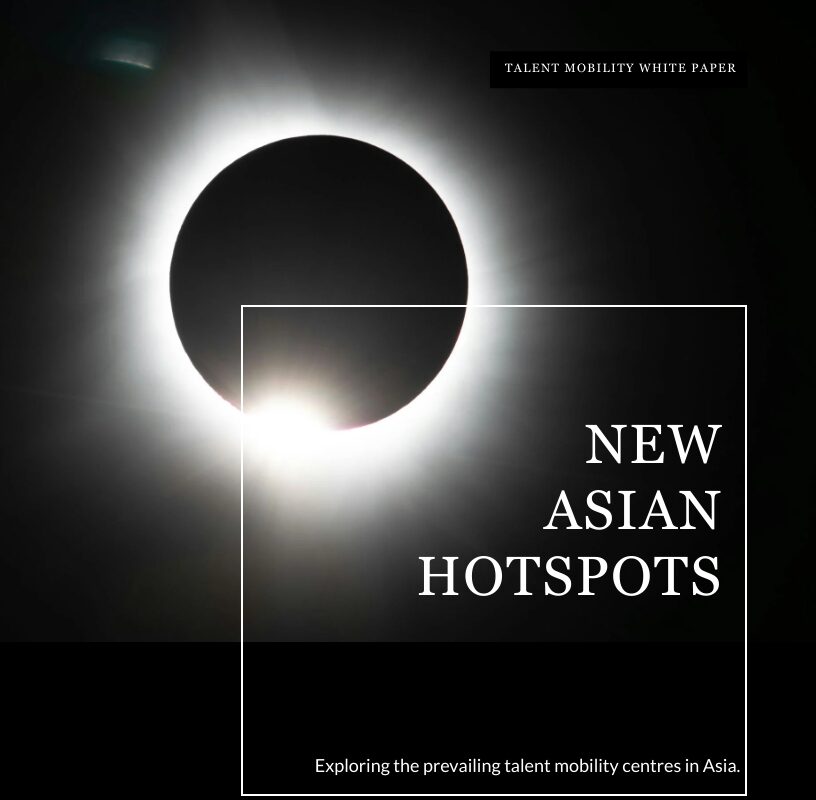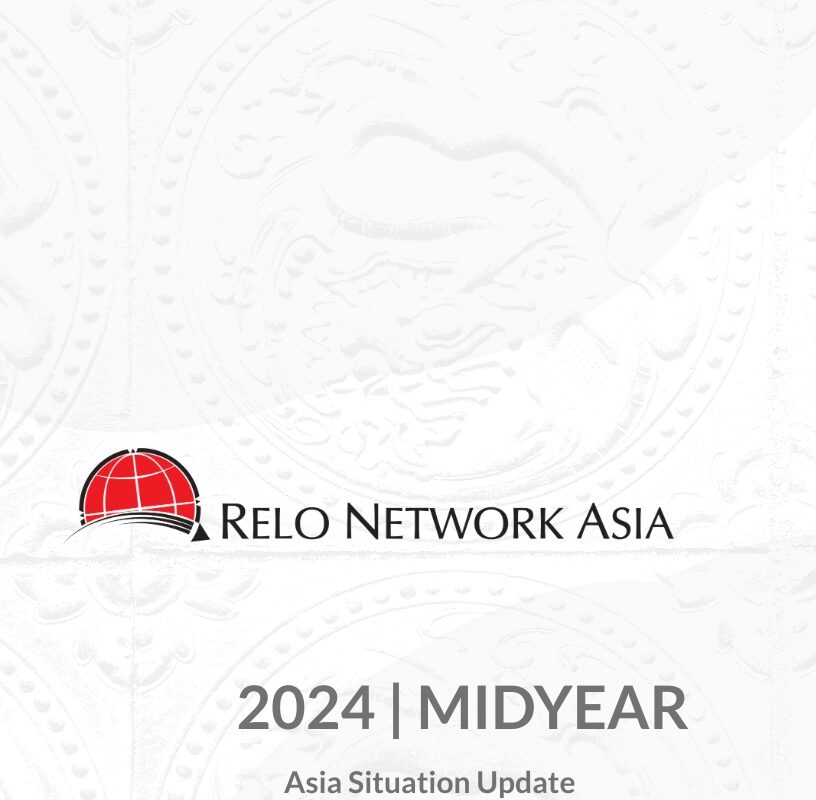Recently, Shanghai, in an effort to attract top talent, offered hukou to graduates from leading universities.
Other, less populous cities and regions have also been providing pathways to obtain Hukou for desired new residents, a task that would have been prohibitive in the past. Now, the city of Zhengzhou has become the first large city to terminate the Hukou system altogether.

Since the 1950s, the Hukou household registration, which is required to receive local services, including healthcare, has been in operation. There are two types of hukou, one for rural populations, providing for the distribution of land, and the other for urban populations who then can access subsidized housing, education, and healthcare. Hukou are inherited, so children of rural hukou holders will also be assigned rural.
The benefits granted through the hukou system vary from city to city. There are channels to transfer hukou under certain conditions to a new location, such as work or study. However, obtaining a hukou at a new place requires fulfilling specific criteria, which can be quite complex. Employers have been vocal about the restrictive impact on the flow of labor, but reform has been slow.
Recent relaxations across China will hopefully continue and help to lessen constraints in this time of talent wars.



